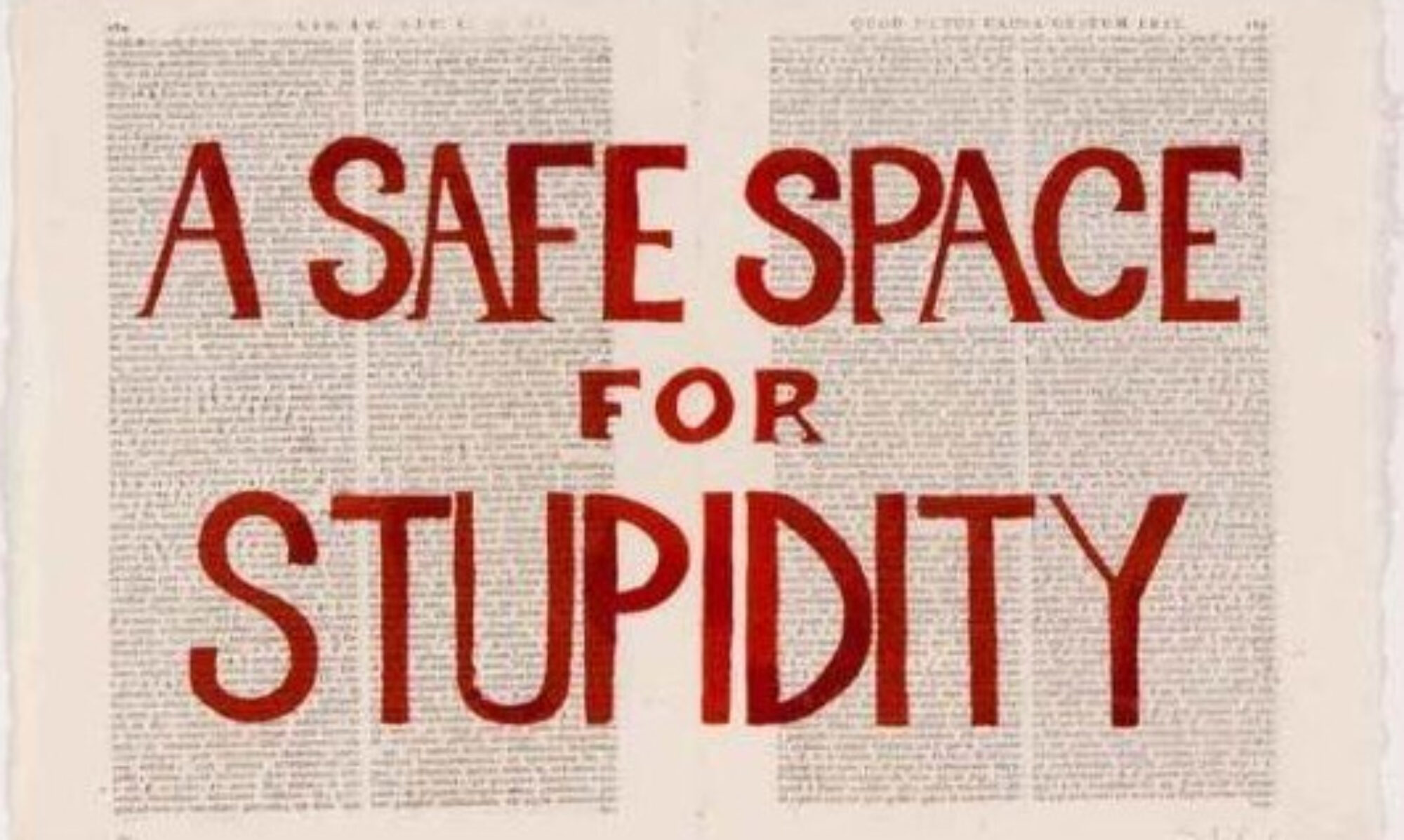Having just come back from the Convention for Higher Education at Brighton, I am putting up summaries of discussions. These are broken up by session, to avoid having a very long account, and to make it easier to comment. Panel speakers are named, because they had already agreed to have their names used, but not contributors from the audience. Apparently, videos of the talks will be online in the near future.
In the first session, I estimated about sixty people were present. The speakers in the first session were Caroline Lucas MP, Luke Martell from University of Sussex, and Peter Scott columnist and one-time Vice-Chancellor at Kingston.
Caroline Lucas spoke mainly about the political context of the public university and especially the effects of fees on applications and access, and how the idea of studying for love of learning rather, and the words `public good’, have largely disappeared from discussions of higher education. She also mentioned the UCU proposal for an education tax on large corporations, which would allow the abolition of fees.
Luke Martell talked about resistance to privatization at Sussex and the balance between trade unions and students in the campaign. He described an initially negative response from the trade unions to the campaign, with academics complicit in marketization, and considered the limitations of information or propaganda activity as opposed to occupation and other forms of action. He was especially critical of the one day strike.
Peter Scott gave his view that we must take back the claim to be radical, which is currently made by the government. He said that supporters of the selective, academic (in the bad sense) system have not come to terms with mass higher education, and that while higher education needed reform, to deal with inequities that were in the system, it did not need this reform. Noting that the question is what is the trajectory of the reforms, he pointed out that Browne introduced a paradigm shift in the sector (this was developed further by John Holmwood on the second day). In answer to the question `what is to be done’, he said we need clarity about values, and that we should celebrate the mass system of higher education, end league tables, and weigh all forms of impact including social critique.
In the discussion at the end of the session, the issue of role of trade unions in universities was raised, and the problem of the depoliticization of unions and the lack of concern amongst academics about outsourcing. There was a comment about a general lack of radicalism amongst staff, even those organized into trade union branches. A participant from Brighton said that the Sussex occupation had shaken his faith in trade unions, and that he was supporting the `pop-up union’. Luke Martell shared this disillusion with trade unions but pointed out that they do have important resources and mobilizing capacity. It was noted from the floor that while class had been raised as an issue of access and widening participation, the white maleness of the panel (Caroline Lucas had had to leave early) did not inspire confidence in its ability to deal with the diversity of university students and staff. The von Prondzynski review of governance in Scottish universities was mentioned in the context of the role of academics in governance. A colleague visiting from the US mentioned the role of debt in higher education and how it destroys any idea of education. Finally, it was stated that unions are best placed to resist the changes in the sector, but cannot do so in a narrow way, and the question of how to politicize `support staff’ was raised.


